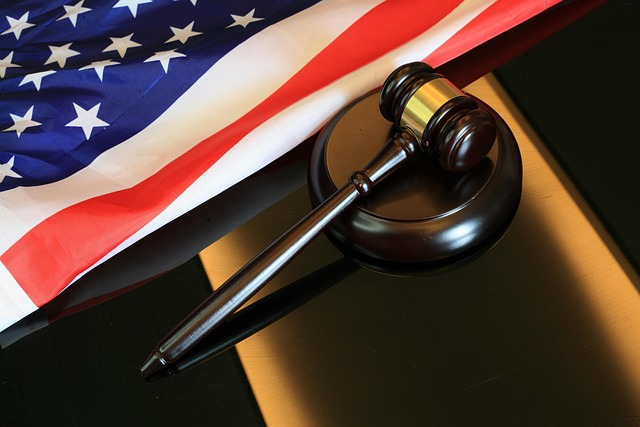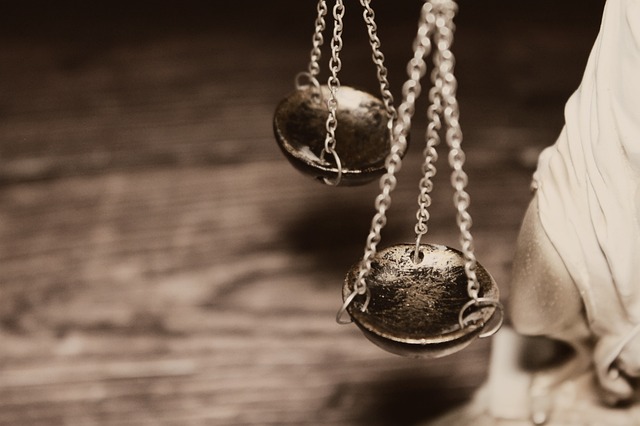The Healthcare Industry relies on Criminal Law Enforcement for compliance and dispute resolution, with specialized units investigating misconduct and ensuring transparency. Navigating disputes demands strategic approaches including compliance measures, internal audits, documentation, and transparent communication. Effective defense strategies focus on risk mitigation, good faith compliance, stringent policies, and training. Swift action, transparency, and open communication are best practices for resolving complex compliance disputes while upholding integrity and fairness in the Healthcare Industry.
Criminal law enforcement plays a vital role in ensuring the integrity of the healthcare industry, facilitating dispute resolution, and upholding justice. This article delves into key aspects of this intricate relationship, focusing on healthcare-related crimes and their management. We explore strategies for navigating disputes within the industry, emphasizing effective compliance measures. Through best practices, we aim to illuminate the path towards robust justice in healthcare, where every patient interaction is governed by ethical standards and legal obligations.
- The Role of Criminal Law Enforcement in Healthcare Industry Compliance
- Navigating Disputes: Resolution Strategies for Healthcare-Related Crimes
- Ensuring Justice: Best Practices for Effective Dispute Resolution in Healthcare Compliance
The Role of Criminal Law Enforcement in Healthcare Industry Compliance

The Healthcare Industry is fraught with regulations, designed to protect patients and ensure ethical practices. Criminal Law Enforcement plays a pivotal role in upholding these standards through robust compliance mechanisms. They investigate reports of misconduct, from medical errors to fraudulent billing practices, acting as a deterrent for potential violators. By employing specialized units dedicated to healthcare crimes, they ensure that the industry adheres to laws and regulations, fostering an environment of transparency and accountability.
Effective dispute resolution is a cornerstone of Healthcare Industry Compliance. Criminal Law Enforcement agencies often facilitate negotiations, mediate conflicts, and in severe cases, prosecute offenders. Their expertise in navigating complex legal frameworks enables them to secure justice for victims while also ensuring that penalties are proportionate and serve as effective deterrents. This balanced approach, backed by an unprecedented track record in dispute resolution, strengthens the industry’s commitment to ethical conduct and patient safety.
Navigating Disputes: Resolution Strategies for Healthcare-Related Crimes

Navigating disputes in the healthcare industry requires a strategic approach to compliance and dispute resolution. With complex regulations and rapidly evolving standards, healthcare organizations often find themselves at odds with law enforcement agencies. The key to successful resolution lies in proactive measures that ensure adherence to legal requirements throughout all stages of the investigative and enforcement process. This includes rigorous internal audits, robust documentation practices, and transparent communication with regulators.
Effective white collar defense strategies focus on mitigating risks and demonstrating good faith efforts to comply. By implementing stringent policies and training programs, healthcare providers can minimize the likelihood of criminal allegations. Should charges arise, a well-prepared defense team can advocate for their client, aiming for a complete dismissal of all charges through persuasive legal arguments and strategic negotiations with prosecutors.
Ensuring Justice: Best Practices for Effective Dispute Resolution in Healthcare Compliance

Ensuring justice in the healthcare industry is a complex task, but effective dispute resolution plays a pivotal role in maintaining integrity and fairness. The healthcare sector faces unique challenges when it comes to compliance disputes, often involving intricate legal and ethical considerations. Best practices for resolving these conflicts should focus on timeliness and transparency. Swift action is crucial; delays can exacerbate issues and lead to more severe consequences, especially in high-stakes cases related to white collar and economic crimes. Prompt intervention allows for the preservation of evidence and witnesses, ensuring a fairer process for all parties involved.
A transparent approach is equally vital. Healthcare compliance disputes must be handled with open communication, providing clear explanations for decisions and outcomes. This practice fosters trust and encourages cooperation from industry stakeholders. By implementing these principles, legal professionals can effectively navigate the complex landscape of healthcare regulations, ultimately working towards a complete dismissal of all charges in appropriate circumstances.
Criminal law enforcement plays a pivotal role in ensuring healthcare industry compliance by effectively navigating and resolving disputes related to healthcare-related crimes. Through robust dispute resolution strategies, justice is ensured, fostering an environment of integrity within the healthcare sector. By adopting best practices, industry professionals can strengthen their compliance measures, ultimately safeguarding patients and promoting ethical standards in healthcare. Effective dispute resolution is key to maintaining public trust and ensuring the healthcare industry’s long-term sustainability.






